Club naming + royalty distribution adjustment + third-level league investment! The top priority of the Chinese Football Federation is open source!
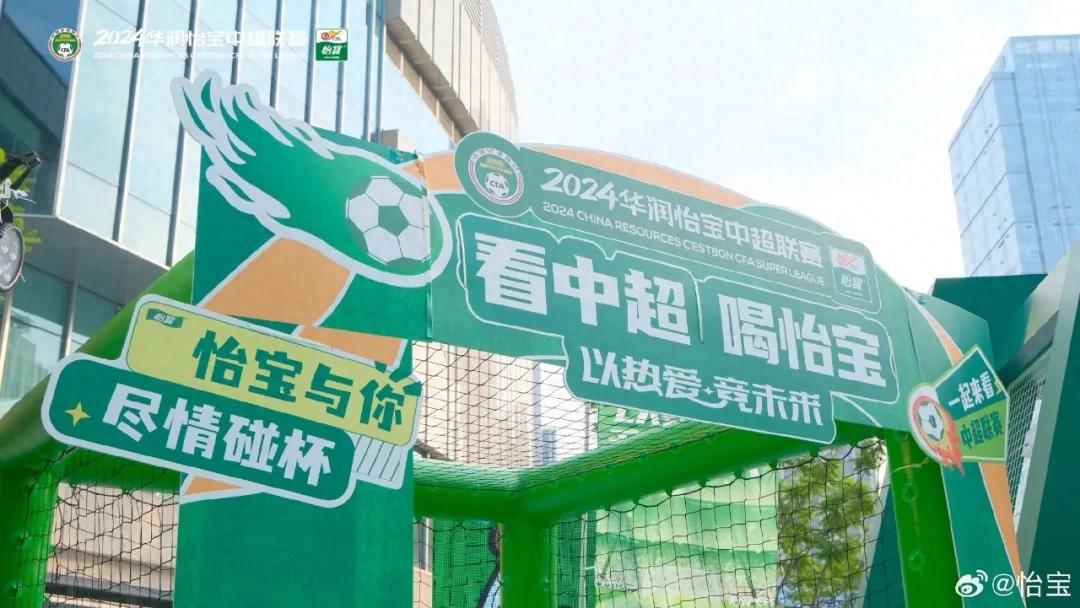
The reporter reported coldly The Chinese Football Federation will be established as soon as this week, when it will assume the responsibility of improving and stabilizing the competition system of professional leagues, enhancing the competitiveness of professional leagues, improving the commercial value of professional leagues and professional clubs, and promoting the sustainable development of professional leagues and professional clubs.
In addition to the basic functions of being responsible for the day-to-day operation and management of the Chinese Super League, China League A and China B professional leagues, the Chinese Football Federation's top priority is to accelerate the professionalization of Chinese football, especially the marketization process. In terms of increasing the commercial value of professional leagues and clubs, improving the survival status of clubs, and "increasing revenue" for professional leagues and clubs, they should make decisions that are more in line with the development of professional football and the market law of the football industry.

The main sources of income for professional clubs are basically concentrated in three areas: royalties, matchday income and commercial income. The copyright contract of the Super League will only expire in 2028; Matchday revenue is based on the club's home capacity, which is linked to results and the number of fans, and there will be no major changes in the short term; For the Chinese Football Federation, it is imperative to further expand the commercial revenue streams of professional leagues and clubs.
The commercial income of Chinese Super League clubs, based on tradition and football market realities, comes mostly from chest advertisements and the naming rights of teams loosened by the Chinese Football Association last year. At the beginning of last year, the Football Association issued the "Regulations on the Management of Professional Clubs and Team Names of the Chinese Football Association (Trial)", allowing clubs to name their teams in the five seasons from 2024 to 2028. Naming rights, like chest advertising, are the most important way to attract businesses or brands.
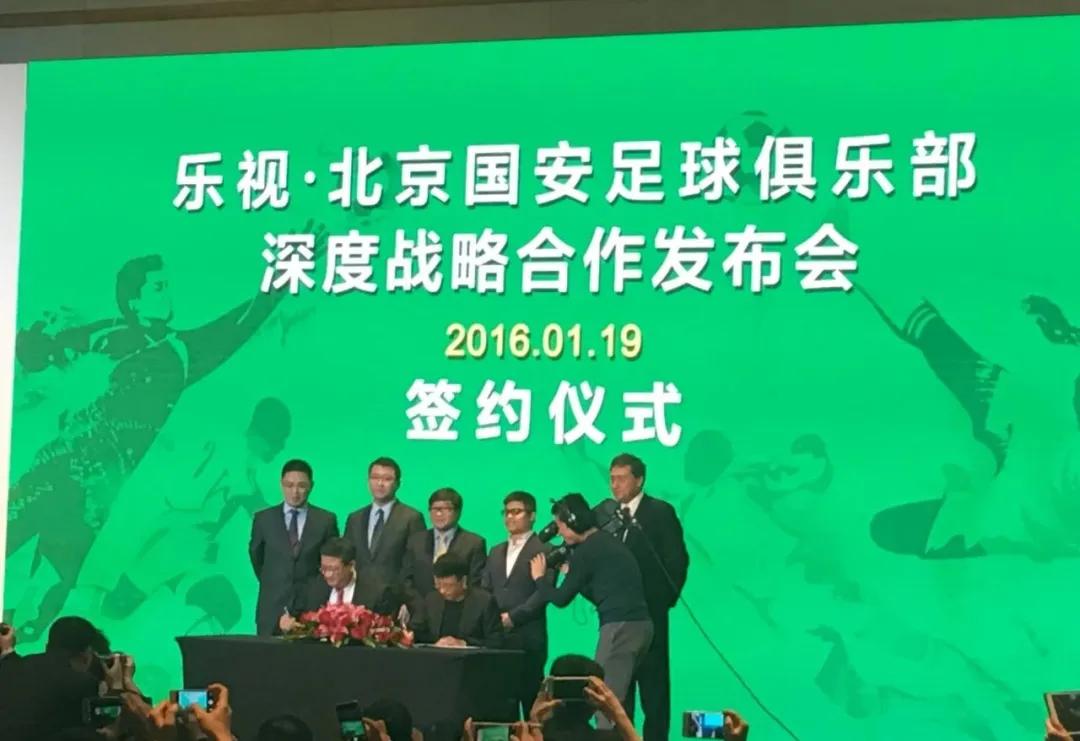
In the Golden Yuan era of the Chinese Super League, the team's naming fee was as high as hundreds of millions of yuan. In 2016, LeTV named Guoan, with a cost of 100 million yuan; In 2018, Sway Motors was named Chongqing, with a three-year contract and a sponsorship fee of 200 million yuan. Although in the current football market, sponsors cannot come up with the amount of the year, sponsorship income is still the main source of sponsorship income for Super League clubs.
Unfortunately, last season, only Henan team of the 16 teams in the Chinese Super League won the naming rights, and based on last year's "test of the waters", the Chinese Football Federation can further liberalize the naming rights of the team. Last year, the Football Association stipulated that club-affiliated teams should not accept the name of the club's shareholders, trade name or brand (including similar Chinese characters or phrases). This year, with the deepening of the club's share reform, the naming policy can actually be more flexible, that is, the club shareholders are allowed to name the team to which they belong, which will help improve the enthusiasm of the club shareholders to support the club's operation.
The title of the club team was discussed in the J League as early as 2021 when the epidemic hit the football economy hard. Last year, two clubs in the K1 League were named by the club's major shareholders, among which Ulsan Hyundai changed its name to Ulsan HD (HD is the abbreviation of Hyundai), which is more in line with the characteristics of the social media era, and the name of Jeju United was changed to Jeju SK, the abbreviation of the club's gold owner Xianjing Group, to Jeju SK, further strengthening the close relationship with major shareholders.
In view of the fact that China's professional football industry is still in the stage of urgent development that needs to be vigorously promoted, the clubs that carry out share reform under the background of the government's "support" are themselves aiming to bring more shareholders and funds and improve their viability. Allowing club shareholders to name teams is attractive enough for clubs to find new shareholders. For existing shareholders who have invested a lot of money in the club, the team's naming rights are equivalent to the return of influence for promoting the corporate brand. In the case of the general lack of hematopoietic capacity of the Chinese Super League club in the short term, it can be regarded as a feedback from the club, which is more conducive to the stability of shareholders.
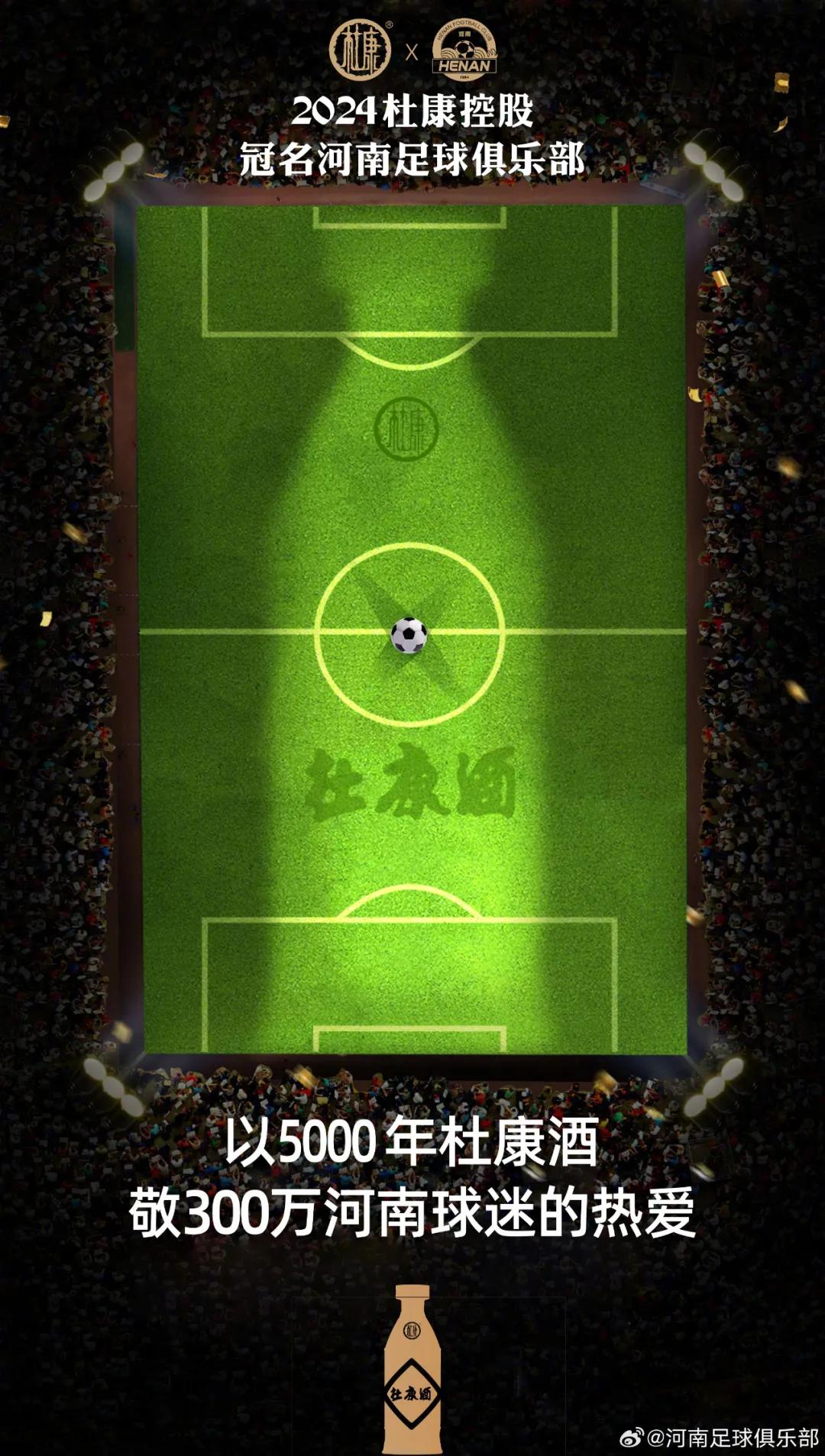

Royalties are the main source of income for clubs in developed leagues, and Premier League clubs can receive at least 150 million euros per season in royalty income, which greatly guarantees the healthy operation of clubs. The Super League copyright fee has experienced a five-year peak of 8 billion yuan (the actual maximum annual value of 1 billion yuan) in the Jinyuan era, and the five-year 750 million yuan copyright contract that began to be implemented last year has given the outside world hope for a rebound.
Although the current copyright contract still has four years to expire, the Chinese Football Federation can consider improving the distribution of copyright income, which is reasonable and fair, and at the same time, it can reflect the difference in the influence of the club, and strive to radiate downward, so that the lower leagues can also get benefits.
Previously, the copyright dividends of the Super League were as average as possible, and the actual commercial value of the big clubs was not reflected in the case of low copyright fees as a whole. There is almost no difference between the Super League champions and the bottom teams, in terms of copyright and sponsorship income dividends. However, in the Premier League, where the income gap between the top and last teams in the standings is also 1.8 to 1, while the income gap between the top and last teams in the La Liga table is 3.7 to 1.
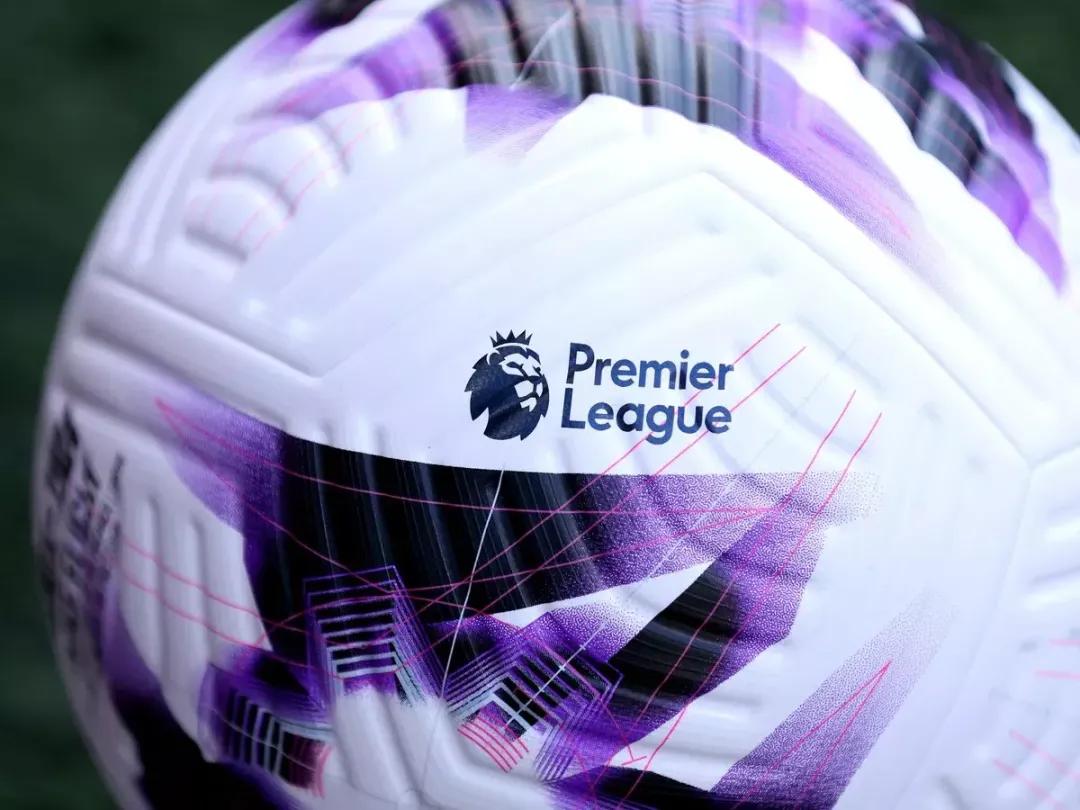
It is a common practice for professional leagues to sell league rights as a whole, and in the case of taking into account small and medium-sized teams and low-level leagues, the value of the "head team" is guaranteed as much as possible, and the league copyright income cake is enlarged. La Liga's two giants have a cliff-leading copyright income, almost four times that of the bottom team, and before La Liga adjusts the distribution of rights, the gap is even more than 10 times. After the middle and lower reaches of the La Liga copyright cake became bigger, the income obtained was almost more than 4 times that of the previous one, which greatly changed the overall survival status of La Liga.
In the future, if the copyright income of the Chinese Super League wants to grow significantly, it fundamentally needs to be driven by the "head" clubs, and eventually benefit small and medium-sized clubs and low-level leagues. On average, at least 10% of the royalties in Europe's top five leagues are distributed downward, allowing the lower league clubs to receive a small but very important profit. In the future, based on the purpose of stabilizing the league system and making the league pyramid more stable, the Chinese Football Federation can try to increase the downward share ratio of copyright dividends, especially taking into account the second division.
In this regard, the J-League's dividend distribution model may be used as a reference. The top 10 teams in the J1 League have ranking bonuses, the top 10 teams in the annual fan index also have bonuses with large gaps, and there are bonuses paid annually based on past season results, plus the 20 teams' evenly split bonuses, balancing results, club influence and revenue. In addition, the J1, J2, and J3 leagues have a small difference in the average prize money of 250 million, 200 million, and 100 million yen, respectively, and the subsidy effect is even greater for lower-level clubs.
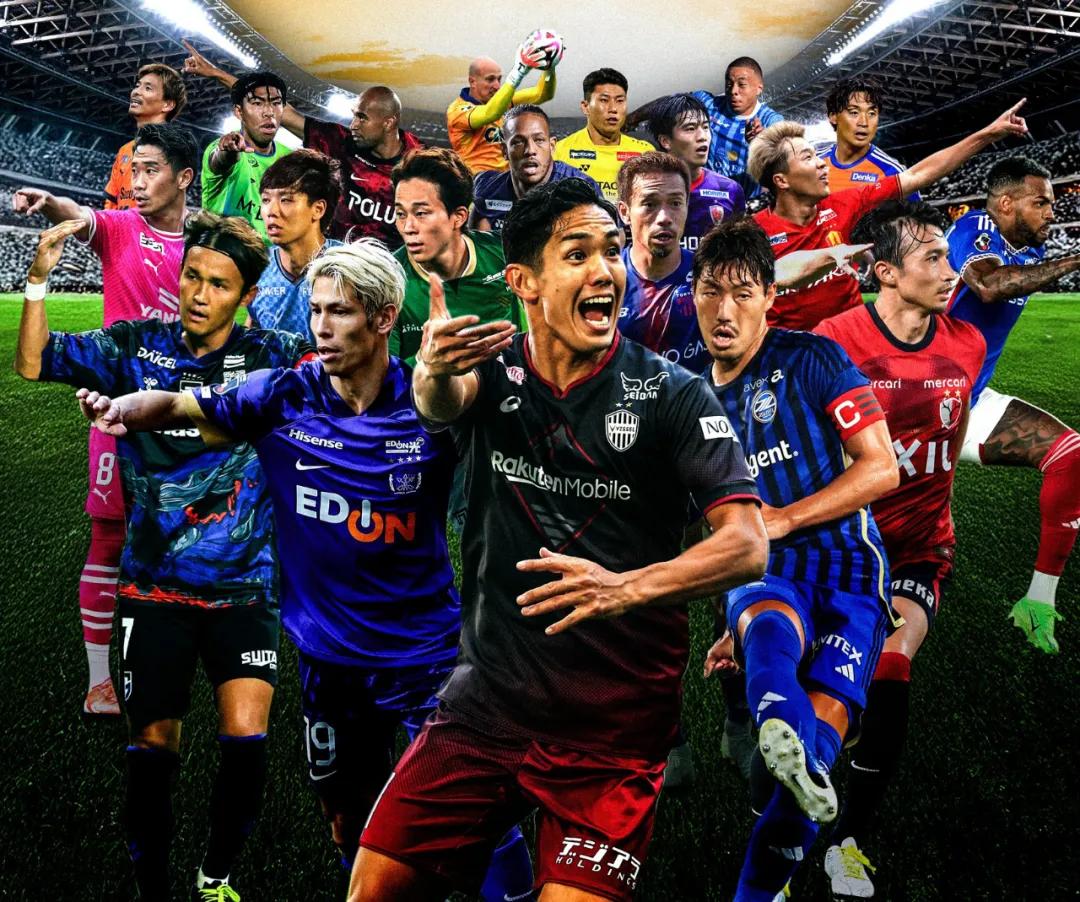

Before the establishment of the Chinese Football Federation, the Chinese Super League was basically led by the Football Association from copyright to sponsors, but since the official listing of the Chinese Football Federation, it is their responsibility to attract investment in the third-level professional league. The Chinese Football Federation, which represents the interests of professional clubs, should take the initiative to take the lead in attracting investment from leagues and clubs, in addition to collective packaging copyright negotiations, as well as the title sponsors, grading and designated field sponsors of the Chinese Super League, China League and China B, and can also try to find new open source channels for clubs. In this regard, the Premier League and La Liga, which are actively expanding the Super Cup, developing overseas competitions, and looking for sponsors, are the best reference objects.
The newly established Chinese Football Federation is responsible for managing the three levels of professional leagues, and should also cover all leagues in terms of attracting investment. Professional clubs already have a need to attract sponsorship revenue, and the Chinese Football Federation also has a role to help from the perspective of league managers, especially for clubs with mixed ownership, as well as lower-level clubs with less resistance to investor capital. At present, the Chinese Football Federation should stabilize the professional league system and take the initiative to find more corporate or brand sponsorship and investment for the league and clubs, so that the professional league can develop faster in the direction of sustainable development in the future.
The Chinese Football Federation actively leads the investment promotion of clubs, and there is a relatively clear direction in combination with reality. At present, the Chinese Super League club share reform basically has the support of local governments, from the height of vigorously developing the sports industry, especially the football industry, professional clubs around the country should naturally become a "signboard".
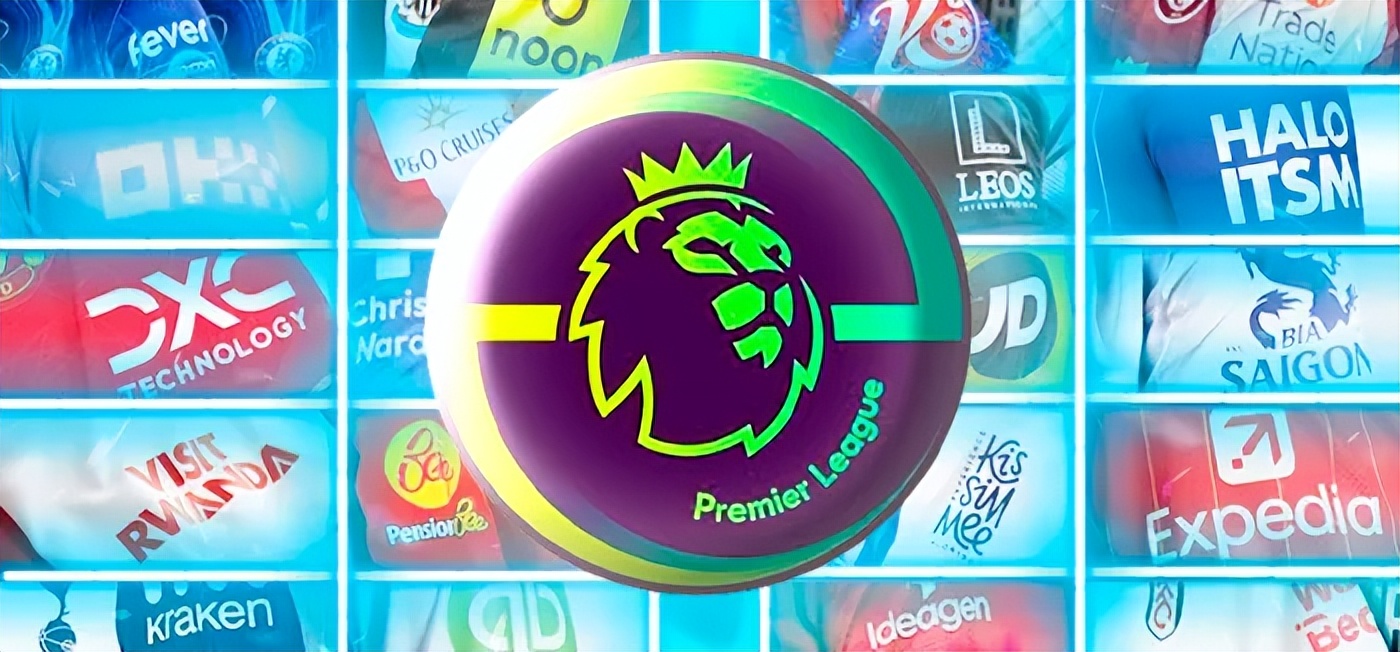
The club's search for chest advertising or naming was unsatisfactory last year, and with state-owned enterprises taking stakes in the club, most of the funding for the Super League club came from the government. It is a reasonable way for professional clubs to obtain a certain amount of sponsorship income in the short term by making the club a natural local ambassador and obtain publicity income by promoting local culture and tourism.
In this regard, some clubs in the five major leagues have precedents of playing a role in cultural tourism promotion on chest advertisements, including promoting the tourism industry of the club's location or overseas countries, such as Valencia, Sevilla, and Osasuna in La Liga, and Arsenal in the Premier League and Metz in Ligue 1. At a time when domestic cultural tourism is thriving, the Chinese Football Federation can take the lead for clubs, learn from the successful experience of clubs in Europe's top leagues, and truly play a leading role in attracting investment for leagues and clubs.
As the new governing body of the Chinese professional league, the Chinese Football Federation provides leading investment promotion services for professional leagues and clubs, especially in terms of contact with local governments and large private enterprises and brands. Therefore, it must give full play to its advantages.
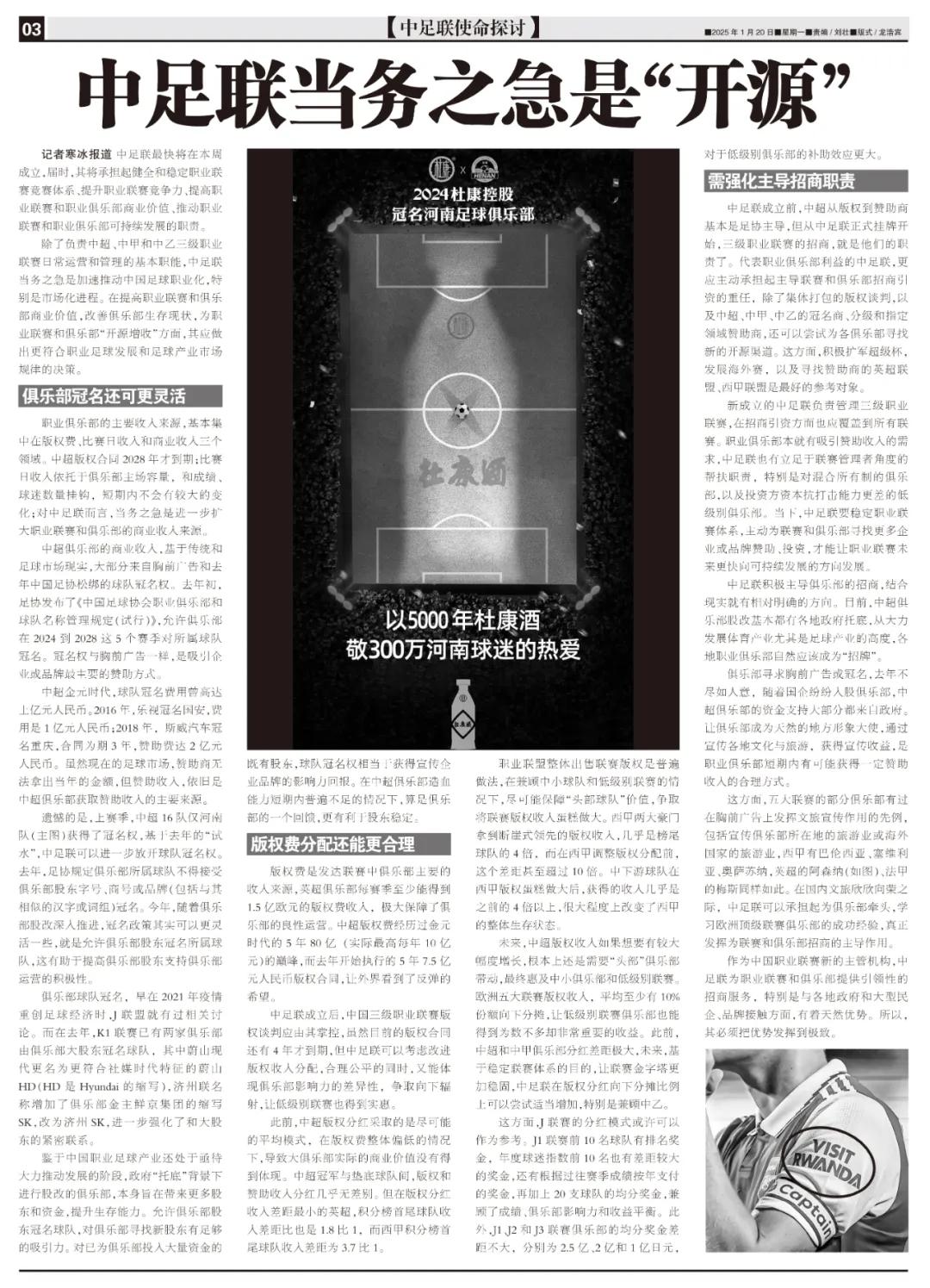


Wonderfulshortvideo
Haaland’s movement 🥵


When you use your girlfriends shower 🚿 @Emily Bourne @LUSH


Neymar highlights neymar edit neymar lamine yamal celebration


Arsenal 1-0 chelsea havertz goal


yamal goal yamal instagram yamal dribble barcelona 2-1 albacete yamal highlights yamal edit


casemiro goal casemiro assist casemiro 6 7 celebration


CR7 was really going through it 🤣🏆








 Links
Links
 Contact
Contact
 App
App


